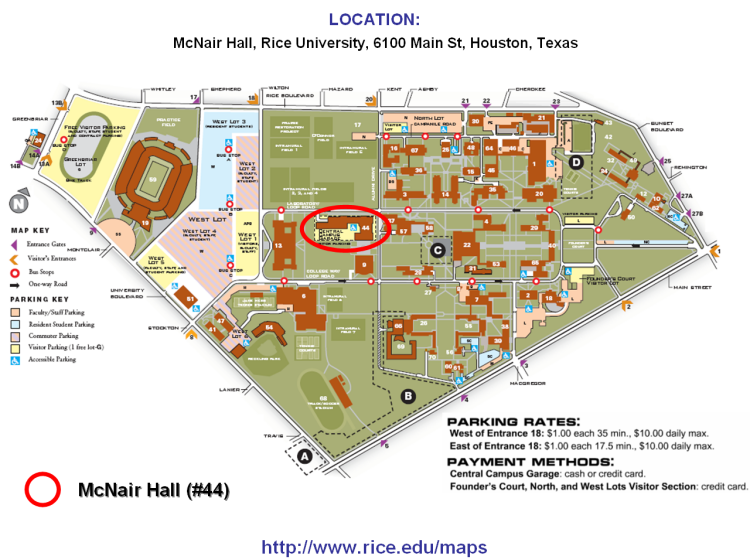| Details Severe Storm Prediction and Global Climate Impact on the Gulf Coast Conference Conference Theme This conference will focus on prediction and warning; and emergency response and recovery strategies associated with tropical storms and hurricanes in the Gulf Coast . In addition, there will be sessions focusing on pre-disaster planning and preparedness; mitigation of severe storm impacts: and educational and social dimensions of disasters. This year's conference will highlight the impacts of global change on Gulf Coast climate and infrastructure. Participants from across the nation will include speakers from public, private and academic sectors. It will be broad in scope and have inter-disciplinary coverage. Conference Topics Severe Storms and Flood Prediction
2. Advanced Radar and GIS Technologies 3. Land Use Impacts in the Coastal Zone 4. Evacuation Planning from Disaster 5. Coastal Surge Modeling & Impacts 6. Critical Facility Needs 7. Flood Inundations Zones and Floodplains 8. Disaster-induced risk assessment of infrastructures 9. Katrina Response and Recovery 10. Water Quality Impacts in Severe Storms 11. Educational and Social Dimension of Disasters
13. Reducing anthropogenic effects on climate change 14. Sea level rise and Infrastructure 15. Climate Change and Severe Storm Frequency 16. Policy and Planning Issues Call for Abstracts and Posters
Conference Costs General Conference, October 29 – October 31, 2008
About the Organizers Dr. Philip B. Bedient, Ph.D., P.E.
Dr. Baxter E. Vieux, Ph.D., P.E.
Directions to Rice University From George Bush Intercontinential
Airport Directions to McNair Hall for the Conference The symposium will be held in the Shell Auditorium (ground floor, 108), in McNair Hall on the Rice University Campus. The map below shows McNair Hall circled in Red and parking information. Parking at Rice For more information about parking, including rates, go to the Rice University Campus Maps page. This site has maps of campus, including parking and shuttle information.
|
||||||||||||












